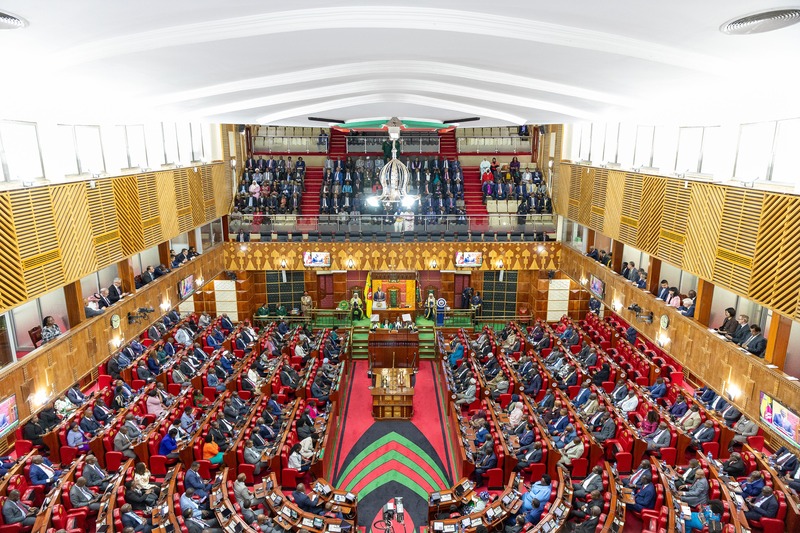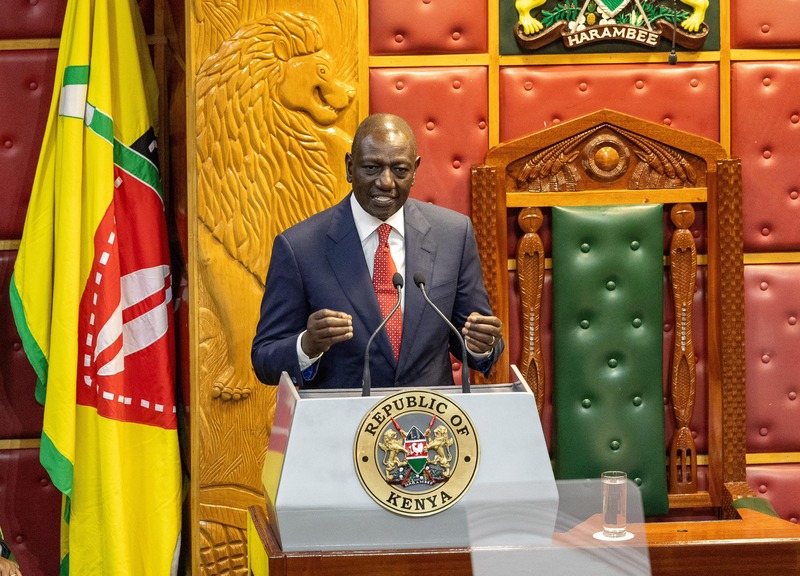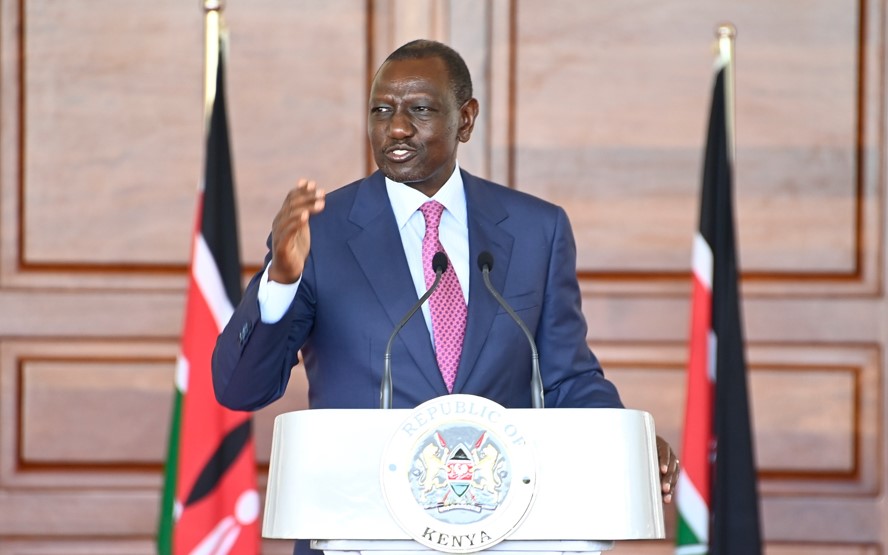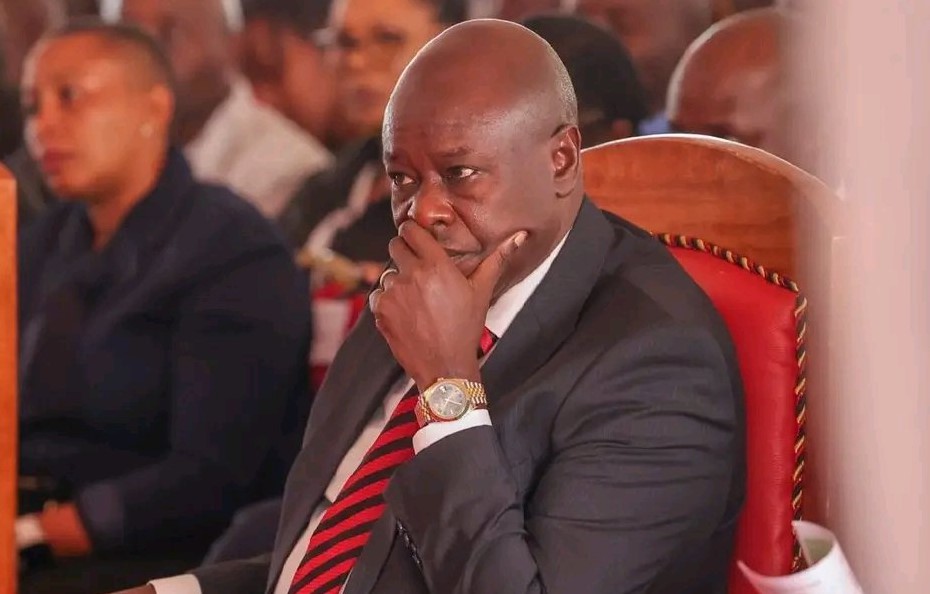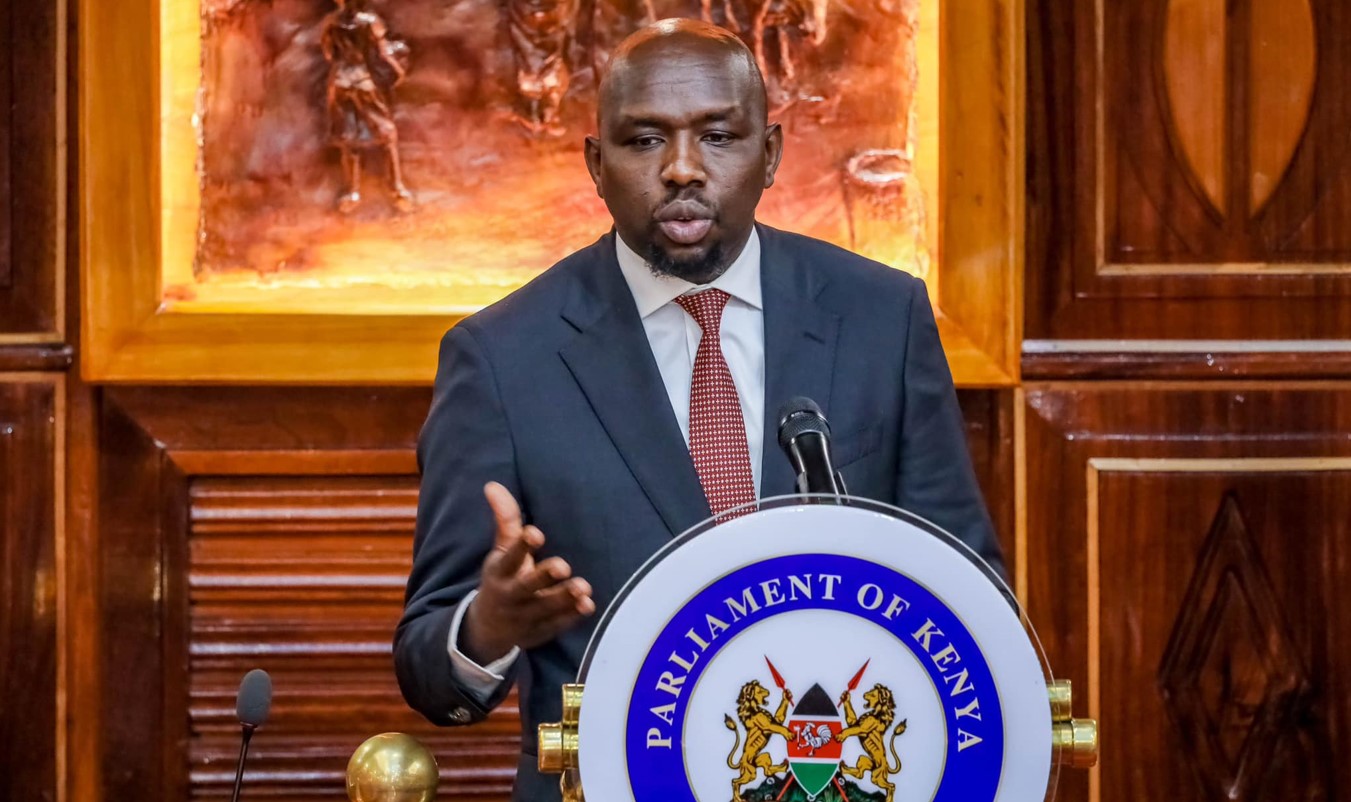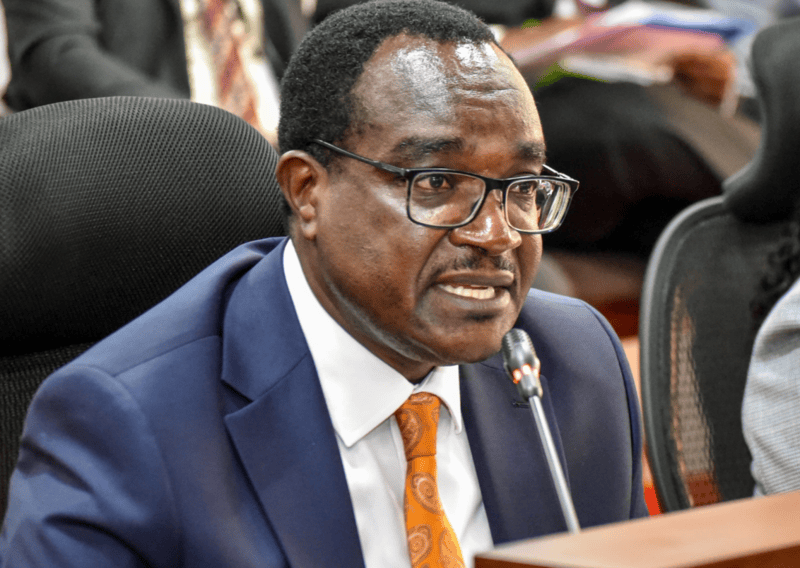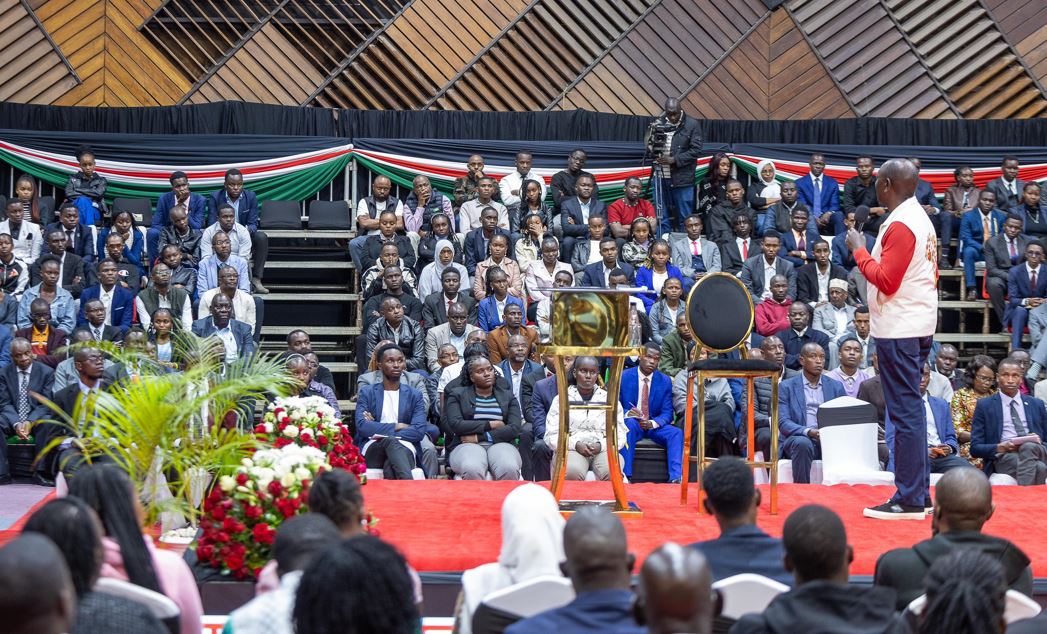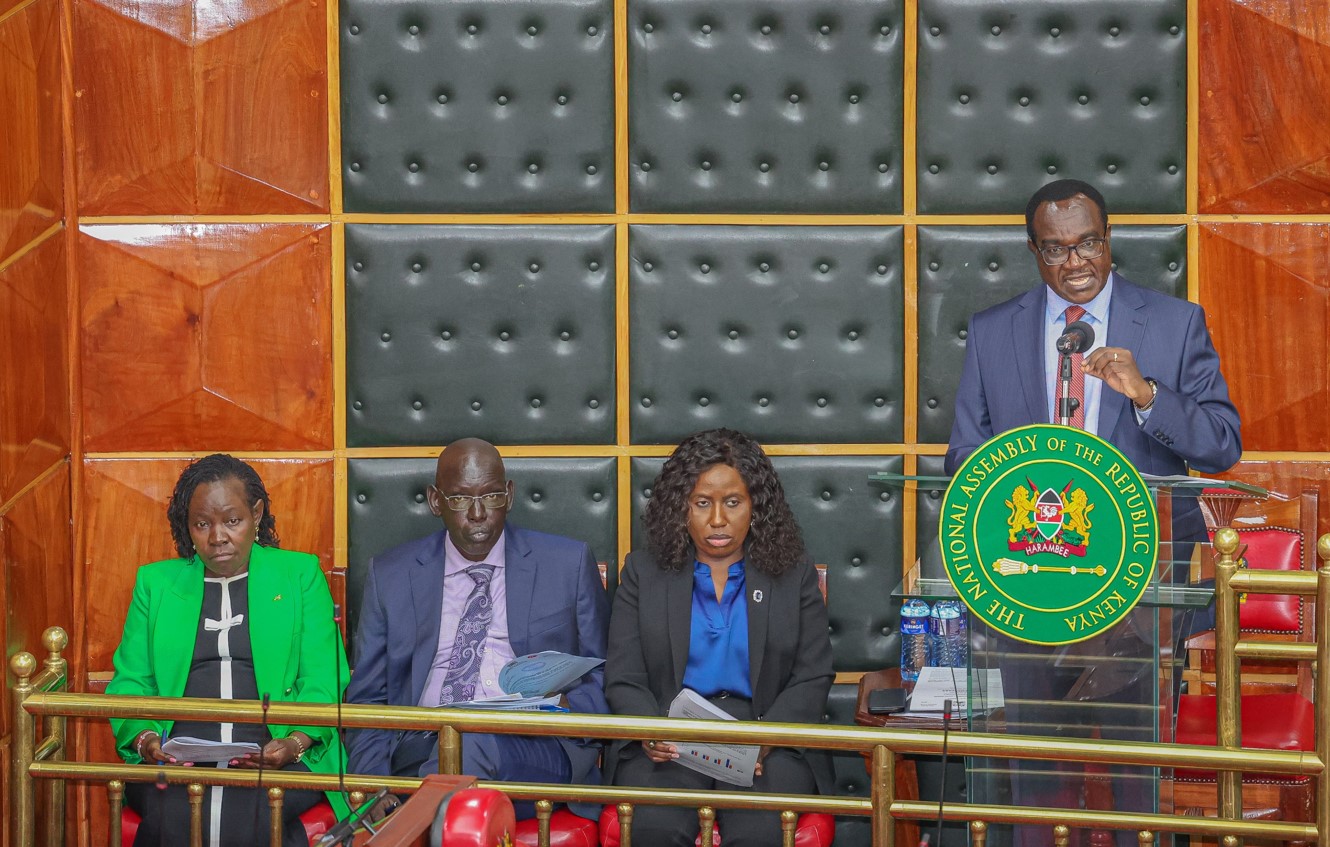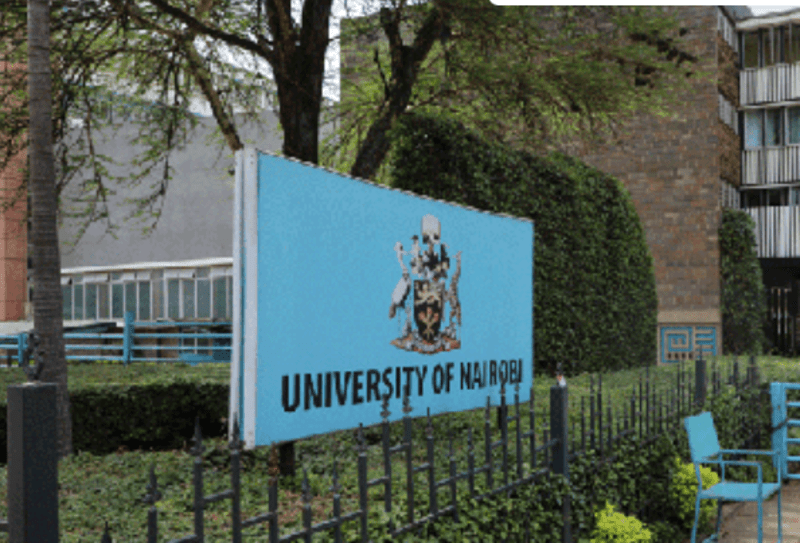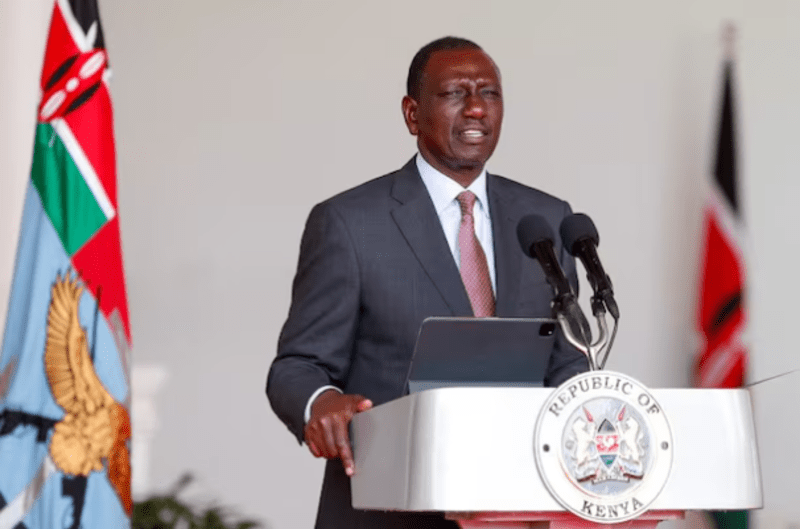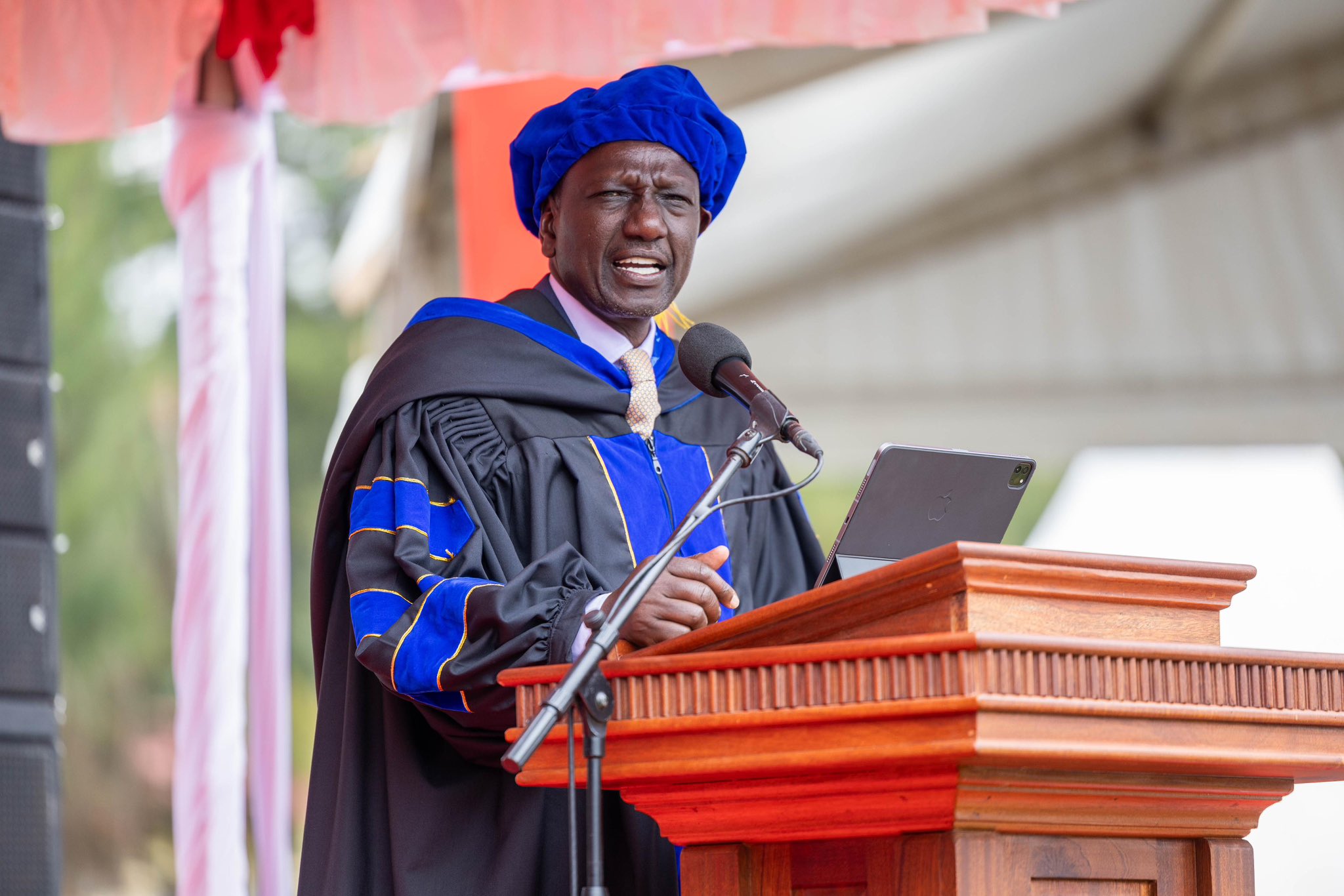High Court suspends implementation of university funding model
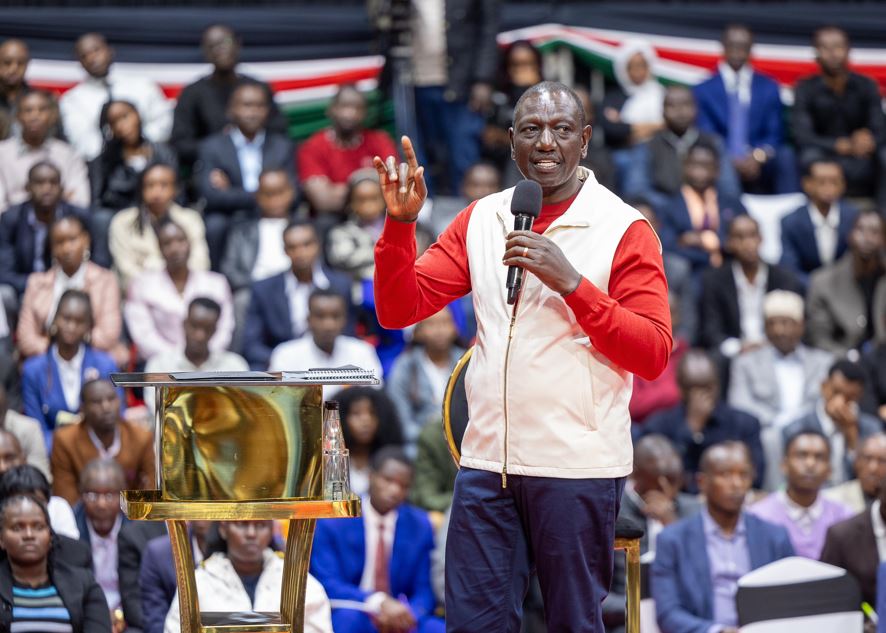
By Joseph Ndunda |
The activists say that the presidential directive that instituted the funding model is an illegality, unconstitutional and an attempt to usurp Parliament's law-making role.
The High Court has suspended the implementation of the new university funding model until a case filed by the Kenya Human Rights Commission (KHRC) is heard and determined.
Justice Chacha Mwita of the High Court in Nairobi restrained the Ministry of Education, public institutions of higher learning as well as various state agencies from implementing the model.
Keep reading
KHRC and Elimu Bora Working Group among others had sued to stop the implementation of the controversial model and asked the court to suspend the rollout until the suit is heard and determined.
Other institutions warned against rolling out the model following the suit include the Higher Education Loans Board (HELB) and the Kenya Universities and Colleges Central Placement Service (KUCCPS).
They had been sued as respondents in the petition by human rights defenders who wanted the new model stopped.
"Conservatory Orders are issued against the Respondents, their servants, agents and employees from implementing the new education funding model until hearing and determination of the Petition," stated Mwita.
Unconstitutional
The activists say that the presidential directive that instituted the funding model is an illegality, unconstitutional and an attempt to usurp Parliament's law-making role.
They argued that the model was hurriedly implemented without consultation and legislative sanction since HELB and the Universities Fund were already legally mandated to oversee higher education funding.
They say these institutions were mandated to follow the Maximum Differentiated Unit Cost model established under the Universities' Act of 2012.
"These provisions have not been repealed and yet have been ignored, circumvented or abandoned," the activists groups say.
The Variable Scholarship and Loan Funding (VSLF) model or New Higher Education Funding Model was recommended by a Presidential Working Party on Education Reforms in 2022 and adopted last year.
KHRC and others say the adoption of the model violates several fundamental constitutional tenets including breach of fundamental rights and freedoms.
They also argue that the operationalisation of the proposed model based on a presidential directive without legal sanction or framework is unconstitutional.
The activists say the model is lacking compliance with public fiscal responsibility principles and fails the public interests test by failing to meet the legitimate expectations of students joining universities and other institutions of higher learning.
"The respondents have acted illegally in the implementation of the funding model to the detriment of hundreds of thousands of universities' and TVET students and their families," the petitioners argue.
"The new system has frustrated brilliant students under 18 from joining universities and receiving funding due to their legal status as minors. Before, these students would have easily used their parents' details to gain access in line with their education."
Justice Mwita gave the respondents who have not filed submissions including the office of Attorney General, KUCCPS and Education CS, additional 14 days to file the submissions.
Highlighting of submissions will be held on December 16 this year.
Reader comments
Follow Us and Stay Connected!
We'd love for you to join our community and stay updated with our latest stories and updates. Follow us on our social media channels and be part of the conversation!
Let's stay connected and keep the dialogue going!

